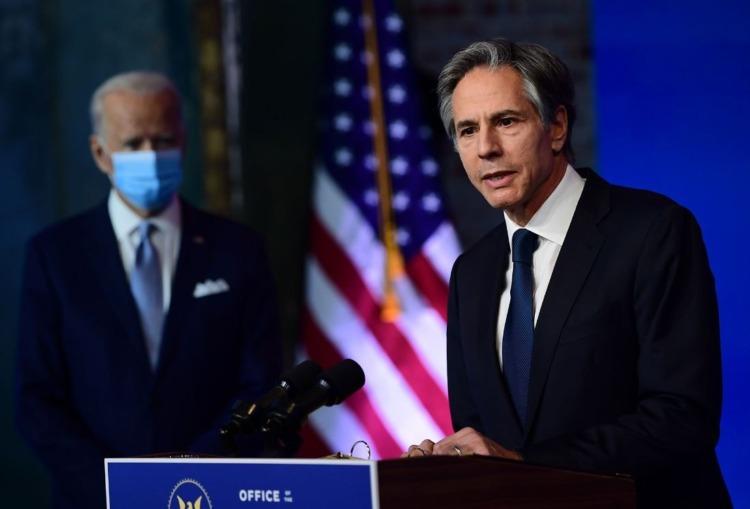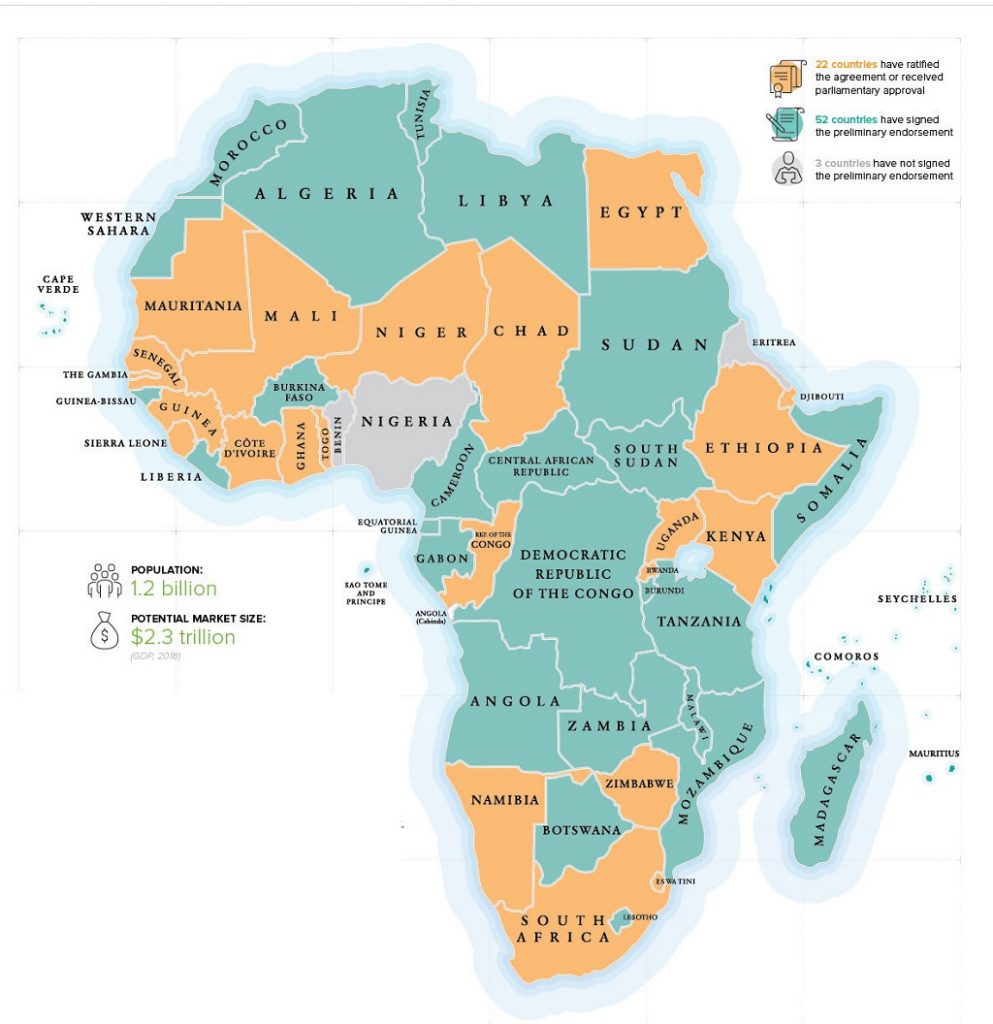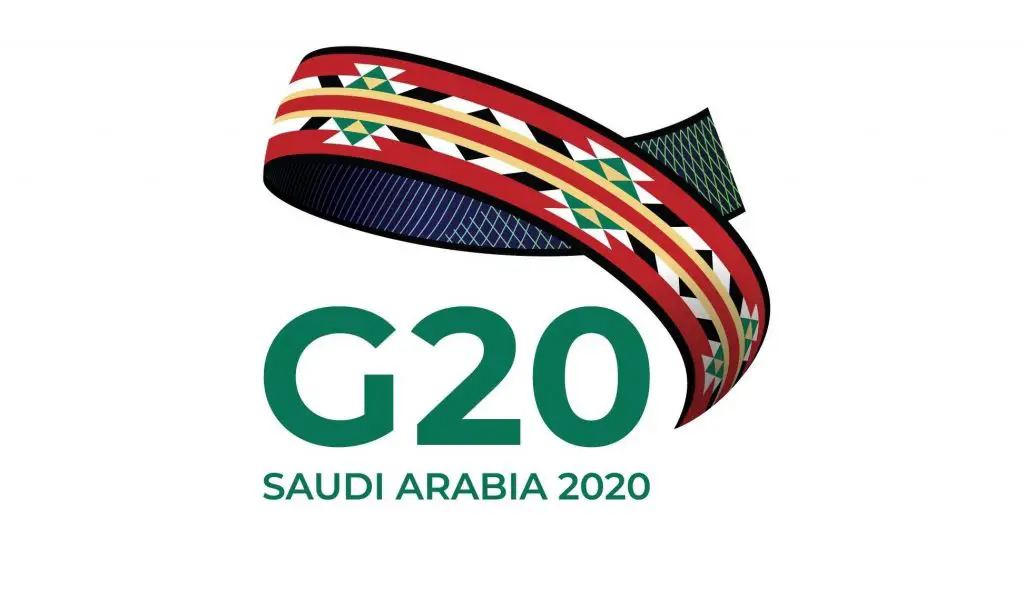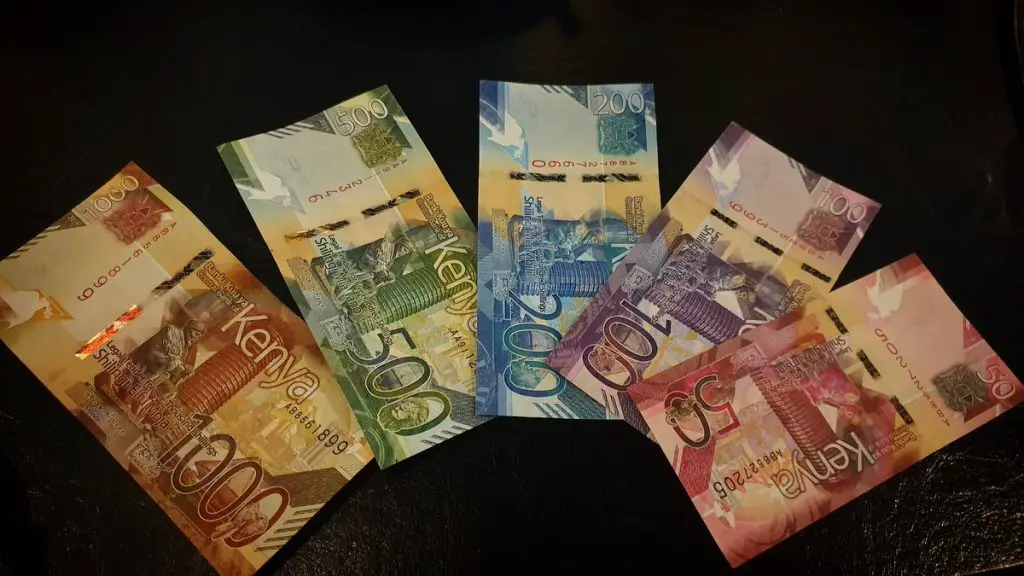- Africa’s new dawn: the rising role of digital and AI in agriculture
- Can Dangote Refinery Transform Africa Energy Ambition
- Gallup Survey: 80 per cent of Kenyan Workers Are Disengaged and Seek New Opportunities
- Madagascar Man Freed from 5KG Tumor After 15-Year Struggle
- How women in Africa are perceived and treated
- Sugar consumption in Kenya to Increase to 1.23 Million Tonnes
- Can Somalia and Turkey Oil deal Bring Change in Somaliland
- Remittances to Kenya dropped to $371.6 million in June, marking a six month low
Browsing: International Monetary Fund
For the five years since 2002, Kenya registered its golden period in terms of economic growth. This was during President Mwai Kibaki’s first five-year term which ended in 2007. The Kenyan economy blossomed with the growth noticeable in both industry and tourism as well as in improved livelihoods.
At this time, the growth attracted the attention of the International Monetary Fund (IMF) and the World Bank because Kibaki’s government was not keen on funding from the Bretton Woods institutions. The government largely financed its budget from the revenues it collected which was unheard of in the previous regime. President Daniel Moi, Kibaki’s predecessor had deeply entrenched corruption in the country which wrecked the economy to almost collapse.
But today, the economy is worse than it was under Moi with the Jubilee government overseeing the worst job cuts, company closures and distressed livelihoods due to corruption. While the Covid-19 pandemic has …
Yet for SME and corporate lending, credit decisions remain an extended process as information is gathered manually and appraised over, sometimes, weeks, to establish the creditworthiness of the borrower.
The need to abandon such cumbersome processes has recently seen leading banks adopt technology, such as our CreditQuest, to automate credit origination, and manage credit workflow, appraisals, documents, customer ratings and credit decisions.
This kind of technology draws all current and historical credit data onto a unified platform, giving the bank’s analysts a true single customer view of credits and collaterals.…
Africa’s financial potential has become an interesting prospect for emerging market investors. Three decades ago a proposal to invest in Africa would have been considered ridiculous, but this is no longer the case. In fact, between 2006 and 2011, the continent was registering the highest returns on FDI at 11.4 percent, even higher than Asia at 9.1 percent, while the global average was 7.1 percent. To add to that according to the World Economic Forum, since 2000 “half of the world’s fastest-growing economies have been in Africa. As western markets mature and foreign investments saturate in Asia, Latin America, Central and Eastern Europe, and India, Africa is fast becoming the most lucrative investment destination. The inefficient African markets are an excellent source of excess returns, given the level of perceived risks. …
With a growing middle class, Africa is now the frontier and the AfCFTA which is already ratified by 30 countries is just an opportunity to enhance investments in the continent.…
For revival, financing is a way of providing solutions to the challenges of private sector funding.…
The services sector registered a majority of 25 projects followed by the manufacturing and export trade sector with 21 and 11 projects respectively…
AfCFTA must be an engine for growth as much as an engine for inclusion.…
Africa and China have had an interesting relationship in the last decade with the Asian giant enthusing that the relationship with the world’s second-largest continent is based on mutual partnership and understanding. …
Most African currencies have depreciated against the US dollar except for the Malawian Kwacha.…
The executive board of the International Monetary Fund (IMF) approved a $14.3 grant under its Catastrophe Containment and Relief Trust (CCRT) yesterday to assist Tanzania in servicing its debt to October 13, 2020.
According to the lender statement, further allocation of additional relief covering the period of October 14, 2020, to April 13, 2022, will be granted subject to the availability of resources in the CCRT, potentially bringing total relief on debt service to the equivalent of about $25.7 million.
Tanzania has been one of many countries in Africa where it’s the fast-growing economy was shaken by the coronavirus (COVID-19) pandemic.
As crucial sectors including tourism, travel and exports were hurt—the IMF equivocally noted that the debt service relief will aid “alleviating Tanzania’s balance of payment needs stemming from the COVID-19 pandemic,”
Tanzania’s closest lender also took the liberty to address various issues including debt service anticipated impacts …














